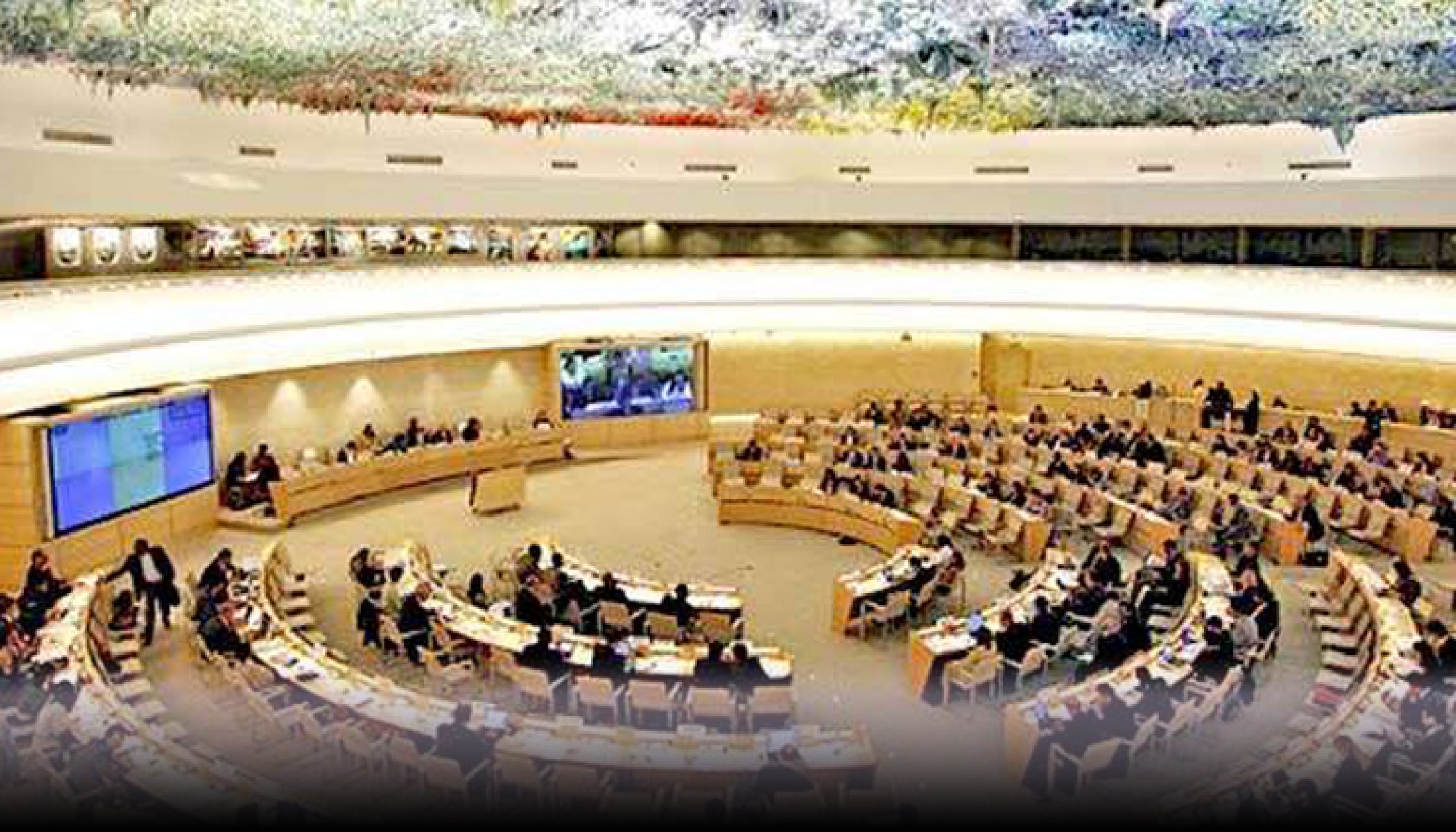

Sri Lanka at the UN rights council
Why In News?
Sri Lanka is facing a new UN resolution calling on it to hold human rights abusers to account and deliver justice to victims of its 26-year civil war. Britain and others have circulated a draft of the resolution among UN Human Rights Council (UNHRC) member states.
Germany and Canada are among the six countries in the Britain-led Core Group on Sri Lanka.
The UN and other aid agencies estimate that more than 40,000 people, mostly civilians from the minority Tamil community, were killed in the final stages of Sri Lanka's war against the Tamil Tiger rebels, who were crushed in May 2009. The UN human rights office accused both sides of atrocities during the conflict.
India's stand on resolution
New Delhi voted against Sri Lanka in 2012 and abstained in 2014. It was spared the dilemma in 2015, when Sri Lanka joined resolution 30/1.
What is resolution 30/1?
The resolution 30/1 on promotion on reconciliation in Sri Lanka was co-sponsored in 2015 by the then Lankan government.
The resolution 30/1 called for an independent investigation with foreign judges and prosecutors to probe war crimes allegation.
Sri Lankan Prime Minister Mahinda Rajapaksa decided to withdraw from co-sponsoring a UN Human Rights Council resolution on accountability for war crimes days after the U.S. imposed travel restrictions on Army chief Lt. Gen. Shavendra Silva and his immediate family members over alleged gross violations of human rights during the final phase of the island nation’s Civil War in 2009.
Background:
The 2015 resolution was based on the UNHRC report which had accused the Lankan troops of violating human rights.
According to a United Nations report, some 45,000 Tamil civilians were killed in the last months of the war alone.
United Nations Human Rights Council(UNHRC)
The UNHRC was established in 2006 as part of the UN’s reform process.The Council is made up of 47 United Nations Member States which are elected by the UN General Assembly. The Human Rights Council replaced the former United Nations Commission on Human Rights.
Members are elected by the UNGA with 3-year terms, with a maximum of 2 consecutive terms.
They are responsible for promotion and protection of human rights.
It meets 3 times a year to examine human rights violations worldwide.
Its resolutions are not legally binding but carry moral authority.
